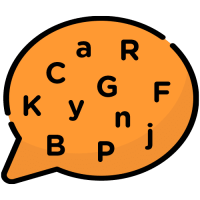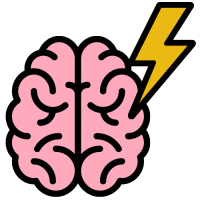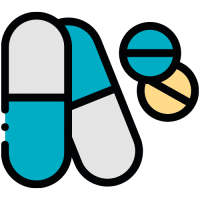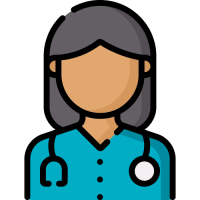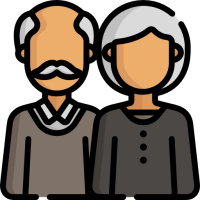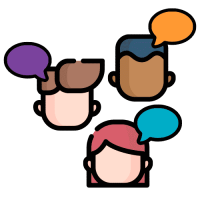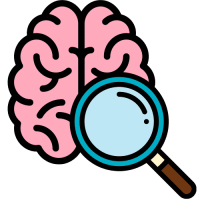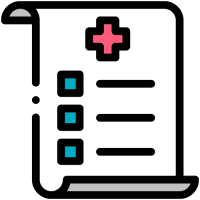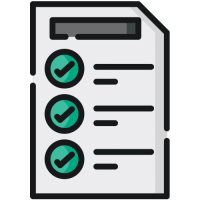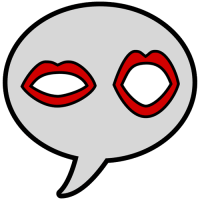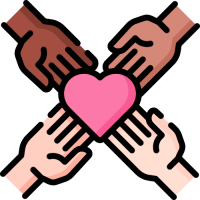The Aphasia Library
Most people have never heard of aphasia. Unless you or a loved one is impacted by aphasia, you’re not likely to know much about it. So, it might surprise you to learn that aphasia is actually a relatively common condition. Approximately 2 million people in the United States have aphasia, though estimates vary. Approximately 180,000 people are diagnosed with aphasia every year. About 1/3 of people who have strokes get aphasia.
Our Aphasia Library aims to inform Persons with Aphasia, Caregivers, and anyone about all aspects and types of Aphasia.

